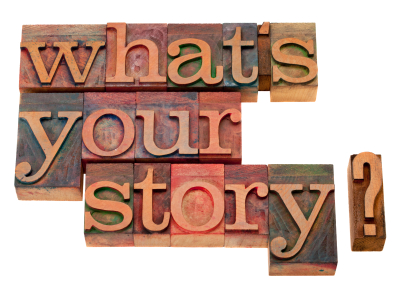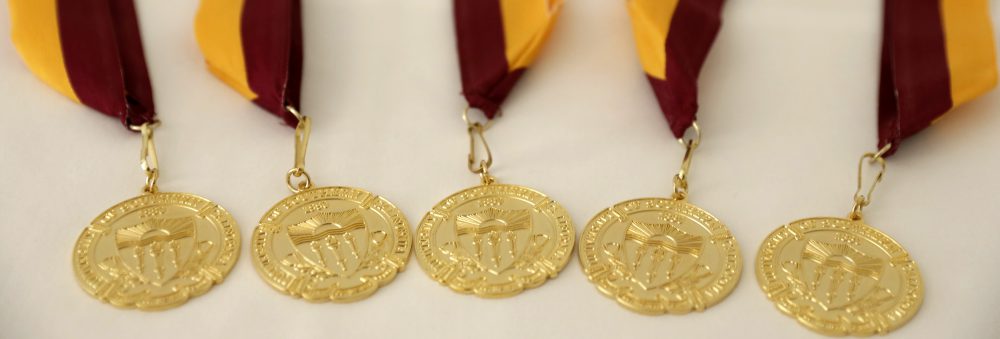 The Neuro-Person:
The Neuro-Person:
Story telling and Interviewing
by Panthea Heydari
In. Getting in. Getting accepted. Getting the job. Proposing the deal. Inventing the thought. Telling the story.
My story.
It’s the beginning of spring semester at USC and slowly, but surely, students are getting into the flow of things. Campus eateries have re-opened from the holiday, the gym is as exciting as ever, and the parking lots (both on campus and at that aforementioned Expo metro rail) are becoming full. But along with the throngs of returning students this year, also come the hopefuls. Those vying for positions in sparkling labs, bright-eyed and bushy tailed, dreaming of making that Nobel Prize discovery…the hopeful prospective graduate student.
Welcome back, kids! It’s judging season. It’s application season. It’s interview season.
Recruitment weekends and interviews are starting to get planned for these prospective hopefuls and it feels odd to think that two years ago, I was here. Reading and re-reading my resume, debating on what would make me seem more of a professional academic…do I go with the Hilary Clinton pant-suit? What about the spectacles? Or did I want to be the casual smart graduate student, rolling out of bed and nonchalantly teetering on an epic discovery? What do I even say at my interview? Do I only talk about my science exploits? Can I say I’m into running? What about animal versus human research? How much of that person do I involve alongside the neuro?

USC was not my first graduate school interview and by the time I stepped onto the HedCo Neuroscience Building, I had some idea of what I wanted my future colleagues to know about me. I wanted them to know my skills, my publication record, and my research capabilities but when I sat down to interview with my dream principle investigator (or, effectively, my boss), what I wanted, more than anything, was to have an actual conversation. Was to tell my story and see if I jived with this mentor.
Could I see myself popping into her office on a whim to discuss a thought? Would she be receptive to my inevitably, at first, naïve questions and, later, self-proclaimed novel associations? Those answers could only come from a genuine conversation, filled with my story and, at the same, listening to hers.
The interview is amazingly complicated and, yet, supremely simple. The concept of the neuro-person is emphasized most during this interview season and a conversation can go far. I encourage you prospective graduate students to allow your person-hood to come out during your interview…talk about what excites you! Get animated! Discuss your skills…and the things you could stand to improve on. Tell your story about how you got here but don’t forget that on the other end, there’s a story too. Ask about their story, what excites them, and see if you could imagine yourself getting enamored by the same things or enthralled enough to direct someone towards something new. That passion will serve you well in the marathon that is graduate school.
The story, your story, will continue to develop even after interview season, and to those of us going into our second, third, or sixth years, that story is still developing. The excitement of the story—the unwritten parts—well, that’s the cliffhanger that keeps you coming back for more. Ultimately, the interview to get into graduate school, the one that concludes your dissertation, that gets you to your post-doc, and maybe even the one that cinches for you the coveted tenure track position, it’s all a story about you. Your research, your interests, your personality, and your connection.
So, let’s hear it. Story time!
Send me your thoughts at pheydari@usc.edu


